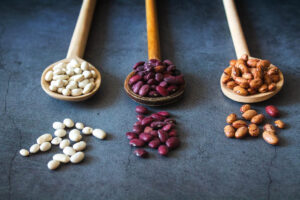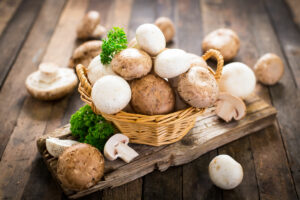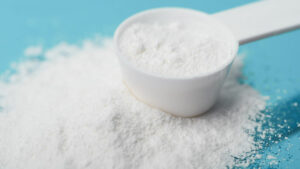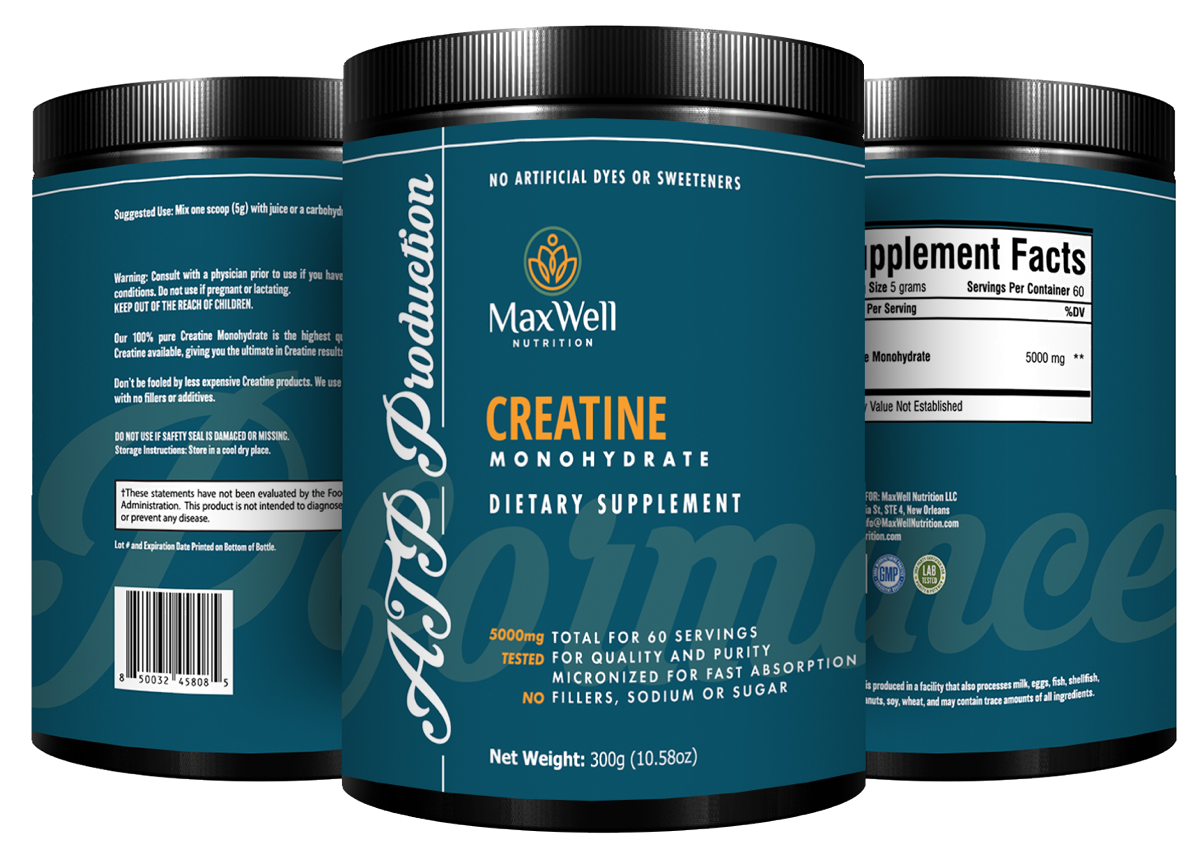Recently NBC News reported on the findings of research, “Presenting Characteristics, Comorbidities, and Outcomes Among 5700 Patients Hospitalized With COVID-19 in the New York City Area,” published April 22nd in the Journal of the American Medical Association’s online Jamanetwork.com.
The study, noted NBC, was that the underlying conditions were common, “with 57% having high blood pressure, 41% were obese, and just over a third had diabetes.”
The report also found that, “fever wasn’t a reliable warning sign of infection. Just one-third of patients had elevated temperatures, when they were triaged upon arrival.”
Of note, “other known symptoms of the coronavirus include cough, headache, trouble breathing, severe fatigue, and loss of smell and taste. But those symptoms tend to vary from person to person. And, it’s unclear whether certain symptoms might serve as warning signs that a person might end up in the hospital with severe disease.”
Based on reports here in Louisiana, it appears that those same comorbidities—hypertension, obesity, diabetes, and underlying cardiovascular disease—may have a higher risk stratification to advanced complications with the virus.
Much attention, including my recent columns, has focused on ways—like cardiovascular exercise and the Mediterranean eating style—to strengthen the immune system, which is especially challenged, if dealing with other health issues concurrently with virus exposure.
Other immune modifying, non-pharmaceutical options—such as vitamin c, zinc, garlic, olive leaf extract, N-acetyl-cysteine—with physician buy-in—have gained attention nationwide, causing a shortage in the supply chain in some cases.
Let me add for medical consideration a powerful, long-term immune modulating agent—bovine (cow) colostrum, which has flown under the radar screen.
Colostrum, according to Robert Rountree, MD and Carol Coleman’s 2000 edition book, Immunotics (G.P. Putnam and Sons), is, “premilk, a thin, yellowish fluid produced for only the first two days, after giving birth by lactating humans and mammals.”
Rountree, who is an integrative medical specialist, comments that, “it is chock full of potent immune enhancing factors that jump start the infant’s immature immune system.” In fact, Rountree goes further to say, “what colostrum is to infants, it can also be to adults—a sturdy framework on which to build a better immune system.”
This physician also points out that colostrum, which in supplement form can be derived from bioactive peptides or protein fractions extracted from bovine colostrum, is not intended for acute conditions, but primarily, as a long-term immune builder—like in transition toward what some experts say may be a second Covid-19 wave in the fall and winter months.
Of course, the key is to derive colostrum from cows raised without pesticides, antibiotics, or growth hormones. It should also be pointed out that while many allergy-causing proteins from colostrum are attempted to be eliminated, some people with milk allergies could potentially develop symptoms. Bovine colostrum is best consumed on an empty stomach to enhance absorption.
As I say, before you make any changes to your supplementary intake, you must first consult with your physician. Right now, mistakes are not an option.











